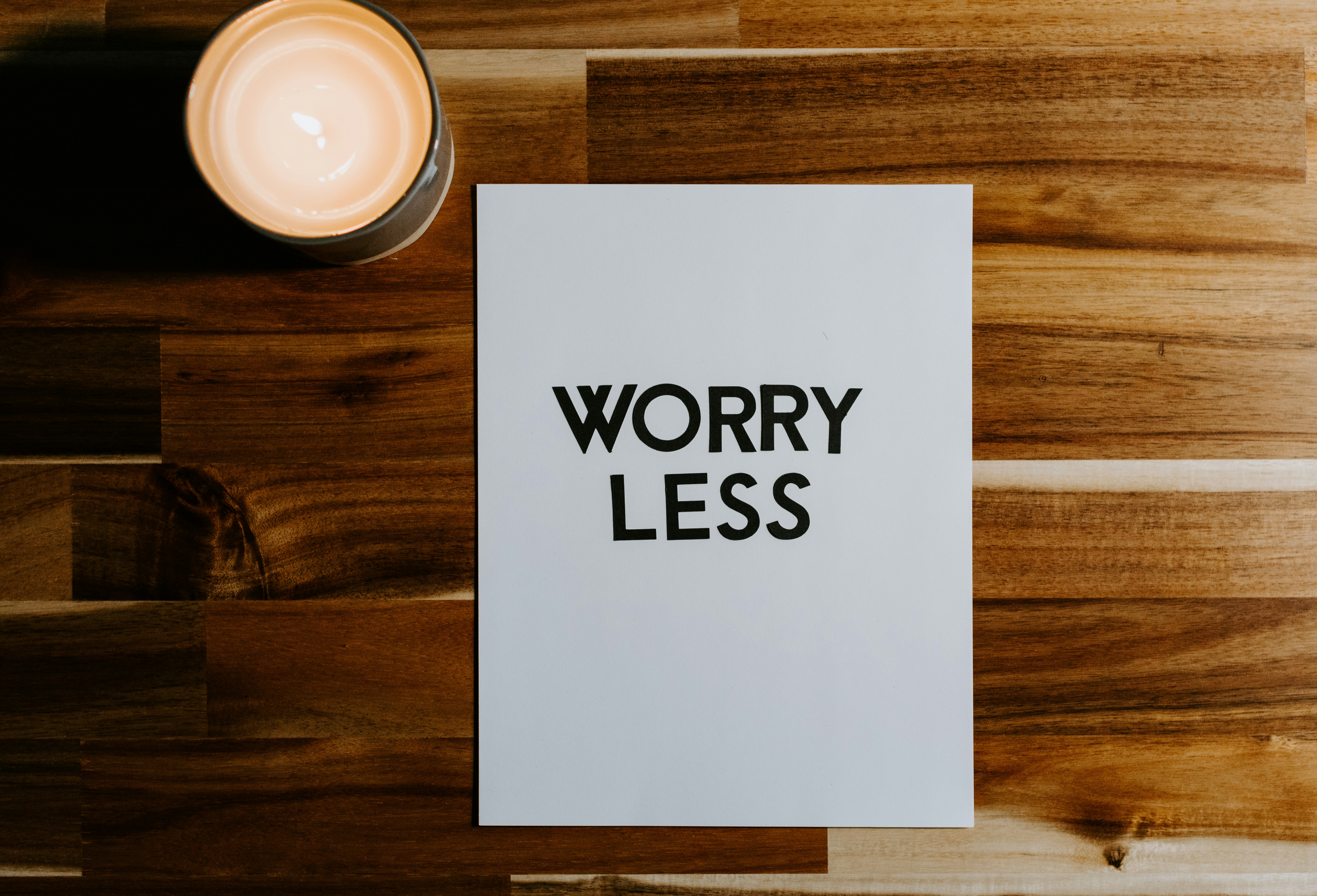The Effective Guide to Anxiety Treatment with Medicines
The Effective Guide to Anxiety Treatment with Medicines: Learn about different anxiety medications, how they work, potential side effects, and how to choose the right one for you. Be well-informed for your mental health.
In this article, we will discuss the effective guide to anxiety treatment with medicines. You will learn about different types of medications used to treat anxiety and how they work to alleviate symptoms. We will also explore the potential side effects of these medications and how to manage them. By the end of this article, you will have a better understanding of anxiety treatment with medicines and be well-informed to make decisions about your own mental health. Let’s get started!
The Effective Guide to Anxiety Treatment with Medicines
Anxiety is a common mental health condition that affects millions of people globally. It can manifest in various forms, including excessive worrying, fear, and panic attacks. Fortunately, there are effective treatment options available to manage anxiety, and medicines play a crucial role in this process. In this guide, we explore the different types of anxiety disorders, the role of medicines in treatment, and how to choose the right medication for your needs.
What is anxiety?
Anxiety is a natural response to stress, but it becomes a problem when it persists and interferes with daily life. Generalized anxiety disorder (GAD) is the most prevalent form of anxiety disorder, characterized by excessive worry and tension. Other types of anxiety disorders include social anxiety disorder, panic disorder, and obsessive-compulsive disorder (OCD).
Individuals with anxiety disorders often experience physical symptoms such as increased heart rate, shortness of breath, and chest tightness. It can significantly impact one’s ability to function at work, maintain relationships, and enjoy daily activities. However, with the right treatment approach, anxiety can be managed effectively.
The Role of Medicines in Anxiety Treatment
Medicines are an integral part of anxiety treatment and can provide significant relief for individuals suffering from anxiety disorders. They work by targeting the underlying chemical imbalances in the brain that contribute to anxiety symptoms. Medications can help reduce excessive worrying, control panic attacks, and alleviate physical symptoms associated with anxiety.
How do medicines help in treating anxiety?
Anxiety medications work by influencing neurotransmitters in the brain, such as serotonin and norepinephrine, which are responsible for regulating mood and anxiety levels. By modulating the levels of these neurotransmitters, medicines can help restore a balance and alleviate anxiety symptoms.
While medications cannot cure anxiety disorders completely, they can provide significant relief and improve overall well-being. In conjunction with therapy and lifestyle changes, medicines can be instrumental in managing anxiety and improving quality of life.
Commonly prescribed anxiety medications
There are several types of medications commonly prescribed for anxiety disorders. The choice of medication depends on various factors, including the type and severity of the anxiety disorder, previous treatment history, and individual preferences. Here are some commonly prescribed anxiety medications:
Selective serotonin reuptake inhibitors (SSRIs)
SSRIs are a class of antidepressant medications that are also effective in treating anxiety disorders. They work by increasing the levels of serotonin in the brain, which helps regulate mood and reduce anxiety symptoms. SSRIs are usually the first-line treatment for many anxiety disorders due to their effectiveness and relatively mild side effects. Some commonly prescribed SSRIs include sertraline, fluoxetine, and escitalopram.
Benzodiazepines
Benzodiazepines are another class of medications commonly used to treat anxiety. They work by enhancing the effects of a neurotransmitter called gamma-aminobutyric acid (GABA), which helps reduce anxiety and induce relaxation. Benzodiazepines work quickly and can provide immediate relief from acute anxiety symptoms. However, they are generally prescribed for short-term use due to their potential for dependency and withdrawal symptoms. Examples of benzodiazepines include diazepam, lorazepam, and alprazolam.
Serotonin-norepinephrine reuptake inhibitors (SNRIs)
SNRIs are another class of antidepressant medications that are commonly prescribed for anxiety disorders. They work by increasing the levels of serotonin and norepinephrine in the brain, which can help regulate mood and reduce anxiety symptoms. SNRIs are particularly effective in treating generalized anxiety disorder and can also be used for other anxiety disorders. Some commonly prescribed SNRIs include venlafaxine and duloxetine.
Beta blockers
While not specifically designed to treat anxiety, beta blockers are sometimes prescribed to manage physical symptoms associated with anxiety, such as rapid heart rate and trembling. Beta blockers work by blocking the effects of adrenaline, reducing the physical manifestations of anxiety. They are often used for situational anxiety, such as stage fright or public speaking. Examples of beta blockers include propranolol and atenolol.
Choosing the Right Medication
Choosing the right medication for anxiety requires careful consideration and consultation with a healthcare professional. It is essential to collaborate with a doctor or psychiatrist who specializes in mental health to determine the most appropriate treatment plan for your specific needs. Here are some factors to consider when selecting anxiety medication:
Consulting a healthcare professional
A healthcare professional will assess your symptoms, medical history, and any previous treatment experiences to determine the most suitable medication for your situation. They will consider factors such as the type and severity of your anxiety disorder, potential drug interactions, and your overall health. It is crucial to provide honest and accurate information during the consultation to ensure the most appropriate treatment plan.
Factors to consider in medication selection
Different medications have varying effectiveness, side effects, and potential risks. It is vital to discuss these factors with your healthcare professional to make an informed decision. Consider questions such as:
- How quickly do you need relief from symptoms?
- Are you comfortable with potential side effects?
- Do you have any pre-existing medical conditions or take other medications that may interact with the chosen anxiety medication?
By addressing these questions and discussing your concerns, you and your healthcare professional can work together to select the medication that best suits your needs.
Types of Anxiety Medications
Understanding the types of anxiety medications available can further assist in the decision-making process. Here is a brief overview of the different types of anxiety medications discussed earlier:
Selective serotonin reuptake inhibitors (SSRIs)
SSRIs are often the first-line treatment for anxiety disorders. They increase serotonin levels in the brain, promoting mood regulation and reducing anxiety symptoms. Commonly prescribed SSRIs include sertraline, fluoxetine, and escitalopram.
Benzodiazepines
Benzodiazepines provide immediate relief from acute anxiety symptoms by enhancing the effects of the neurotransmitter GABA. Examples of benzodiazepines include diazepam, lorazepam, and alprazolam.
Serotonin-norepinephrine reuptake inhibitors (SNRIs)
SNRIs increase the levels of serotonin and norepinephrine in the brain, regulating mood and reducing anxiety symptoms. Commonly prescribed SNRIs include venlafaxine and duloxetine.
Beta blockers
Beta blockers are primarily used to manage the physical symptoms of anxiety by blocking the effects of adrenaline. They are often prescribed for situational anxiety, such as stage fright or public speaking. Examples of beta blockers include propranolol and atenolol.
Benefits and Risks of Anxiety Medications
Anxiety medications can provide significant benefits in managing anxiety symptoms and improving overall well-being. However, like any medication, they also come with potential risks and side effects. It is essential to weigh these factors before starting medication.



